We’re shaping a more ResponsibleSteel industry.
We have the opportunity to do things differently
ResponsibleSteel is a global, not-for-profit organisation created to maximise steel’s contribution to a sustainable world. Working collaboratively with our members, we have developed an independent standards and certification programme for steel via a process that uses the ISEAL Codes of Good Practice as a reference. Together, we are setting the global standard for responsibly produced net-zero steel.

We’re at a pivotal moment in the steel industry
According to ResponsibleSteel's calculations using data from RMI and the International Energy Agency (IEA), the steelmaking process, from the extraction of raw materials to the production of steel, accounts for 10% of global GHG emissions. We face a collective challenge to transform the industry, reducing global emissions while ensuring a just transition for workers and local communities.
We have over 160 members working to deliver on our mission to drive responsible steel production.
According to the IEA's Net Zero Emissions Scenario, we need to reduce steel industry emissions by at least 90% by 2050, compared to 2022.
We have over 80 ResponsibleSteel certified sites globally.
Over 230,000 workers are covered by ResponsibleSteel certification.
Over 30% of furnaces covered by ResponsibleSteel certification are EAFs.
This is the future of steel
Our members are at the heart of our work
ResponsibleSteel’s membership consists of representatives from across the steel value chain, including businesses, NGOs, trade associations, and other organisations with an interest in our mission. This means our standards are uniquely shaped by multiple perspectives, and their adoption requires the support of both business and civil society members. We encourage organisations globally to join us to create lasting impact for people and the planet.











.png)
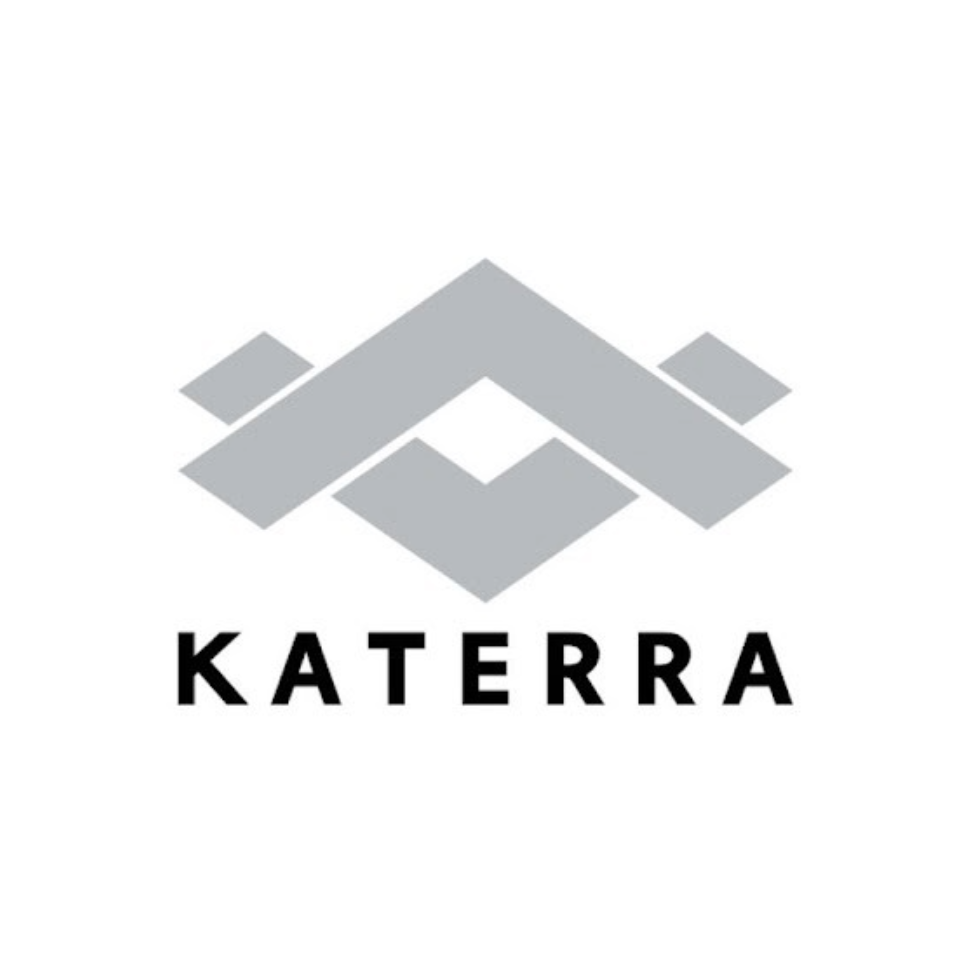




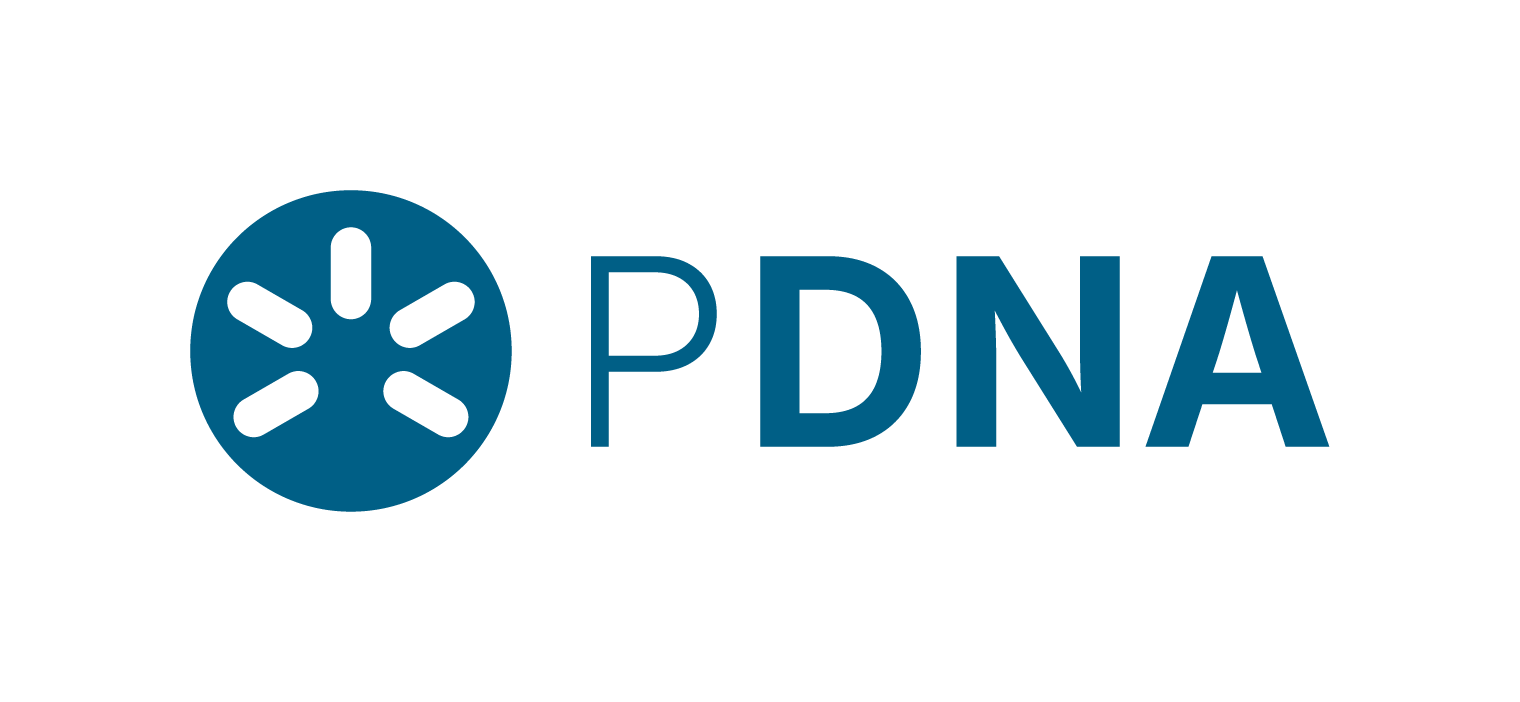













.png)








Certified sites around the world

Latest news & events


The January edition of the ResponsibleSteel Newsletter is out!
As we begin 2026, the year ahead promises to be an exciting and productive one for ResponsibleSteel and the global steel sector. Building on the momentum of 2025, we are continuing to work with our members and partners to advance credible, internationally aligned pathways for responsible low-emission steel.
This month’s newsletter highlights several strands of work beginning to shape our priorities for the year ahead. From progress on our interoperability work with CISA, to key developments in the revision of the International Production Standard, plus new opportunities for members to get involved, 2026 is already off to an exciting start for ResponsibleSteel.
In this month’s newsletter, you’ll also find:
- An update on our interoperability work with CISA
- A call to join our Just Transition working group
- Updates on the ResponsibleSteel Standard Revision process
- An introduction to our newest steelmaking member and an approved Certification Body
- Upcoming audits details
… and more.
Read the full January newsletter here.
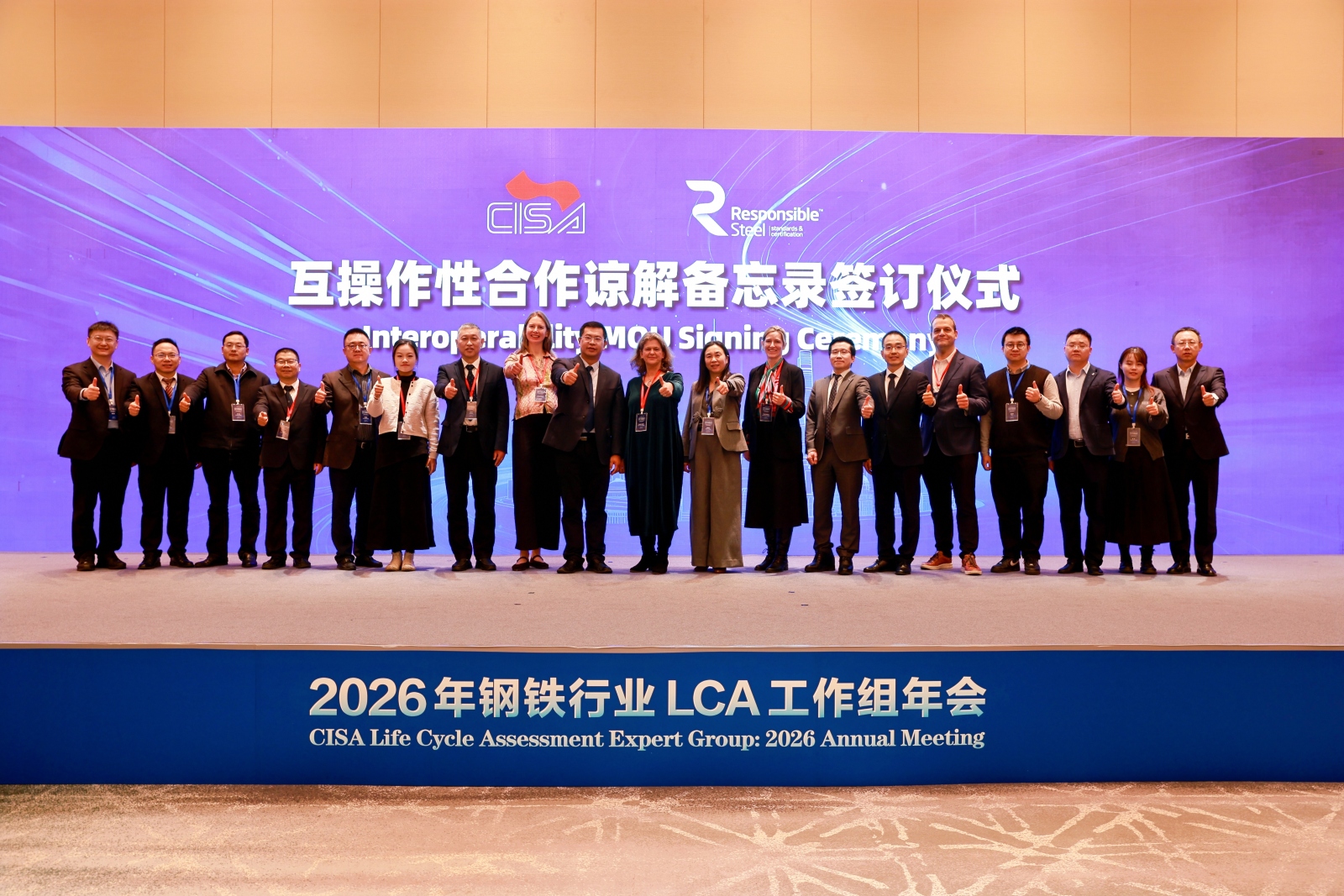

Reflections from China: ResponsibleSteel's CEO Annie Heaton discusses building interoperability across global standards
Interoperability: Building a bridge between global standards
ResponsibleSteel's quest for a coherent market for decarbonised steel in 2026 got off to a constructive start this month. Following the announcement of our landmark agreements with the Chinese Iron and Steel Association (CISA) and the Low Emission Steel Standard (LESS) at COP30, ResponsibleSteel was in China in January to kick off our work on interoperability with CISA. This work in China complements our parallel project with Brussels-based LESS.
The goal? To build trusted data and claims on decarbonisation.
During our trip, our Director of Programmes, Amy Jackson, our Decarbonisation Lead, Alli Devlin, and myself had the opportunity to:
- Present to the Chinese steel value chain our C2F (China's low-carbon emission steel standard) interoperability MoU at CISA's annual LCA conference.
- Connect with our Chinese members, including SKF, World Resources Institute (WRI), Climate Group, VAMA (Valin ArcelorMittal Automotive JV), Penglai Dajin, and some of our certification bodies working in China, including Afnor and China Quality Certification Centre (CQC).
- Get to work on our C2F-ResponsibleSteel Interoperability Project, structuring the discussions around our Framework for Credible Interoperability.
- Visit the 15mtpa Zhanjiang steel plant, where a new DRI-EAF line was launched in Dec 2025. This has involved the production to date of iron reduced with hydrogen in a 1mtpa DRI plant. Whilst this is currently produced from refined coke oven gas, the project is a hugely significant demonstration of the potential to produce hydrogen-based DRI at an industrial scale.
.jpg)
What do ResponsibleSteel's interoperability projects look like in practice?
In short, interoperability means measuring emissions using rules that are as aligned as possible, and recognising the differences, to enable comparison on a like-for-like basis. Imagine the benefit this would bring for anyone wanting to distinguish what good looks like, for example, procurement teams, investors, and policymakers.
But making interoperability work in practice requires a lot more if we want a reliable, credible and sustainable system that generates high-quality, comparable data.
We've outlined the key components of this in our Framework for Credible Interoperability, which will inform both our work with LESS and CISA:
- Aligned GHG accounting rules
- A reliable calculation tool
- A robust assurance mechanism
- Credible claims protocols
- Good governance, oversight and resourcing
- Appropriate data management
- Strong operations management systems
This is how markets are built: first with innovation, then with the necessary rules and systems that enable good information to flow – so that steel buyers can understand, investors can evaluate, and steelmakers can compete, based on emissions performance that everyone can trust.
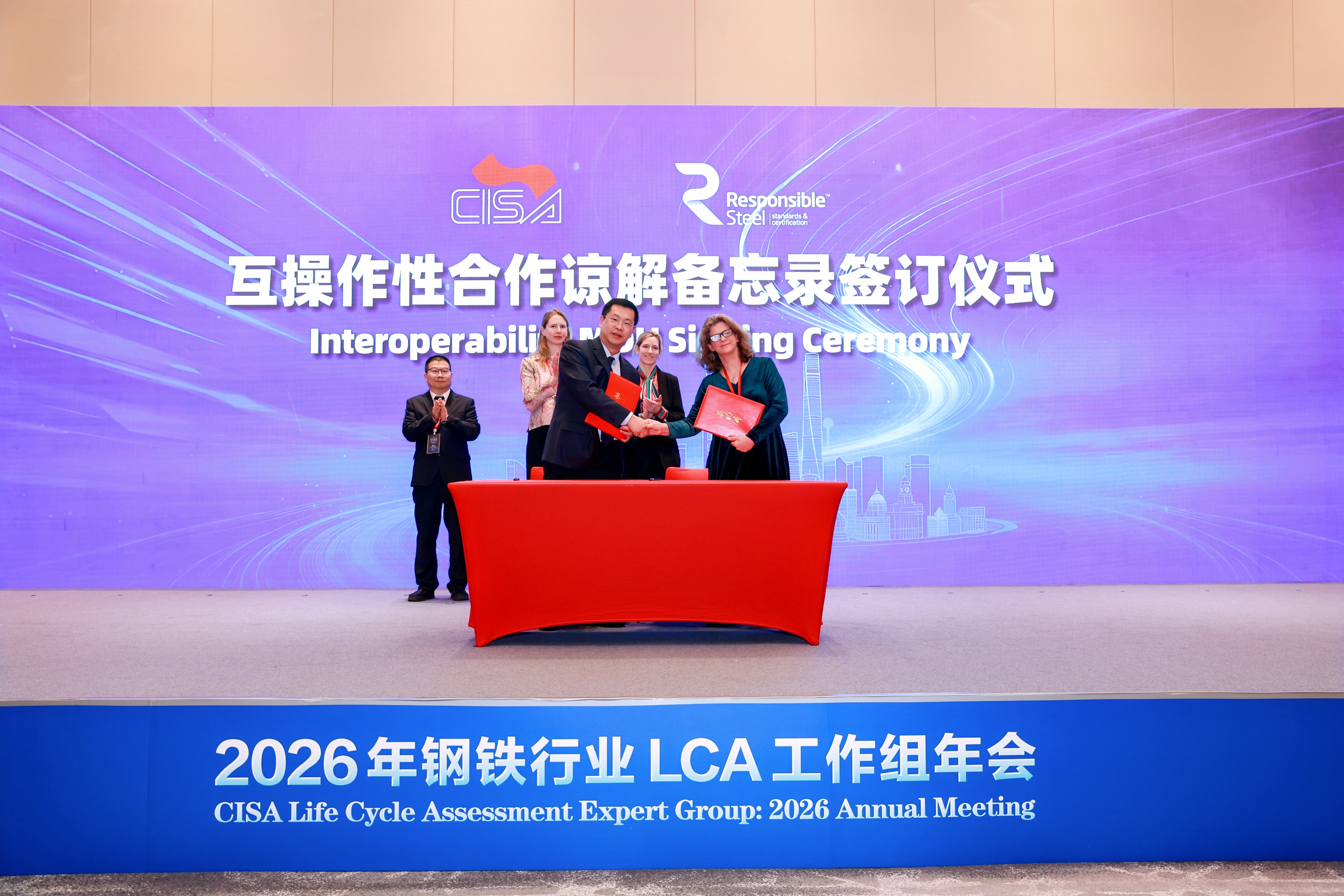
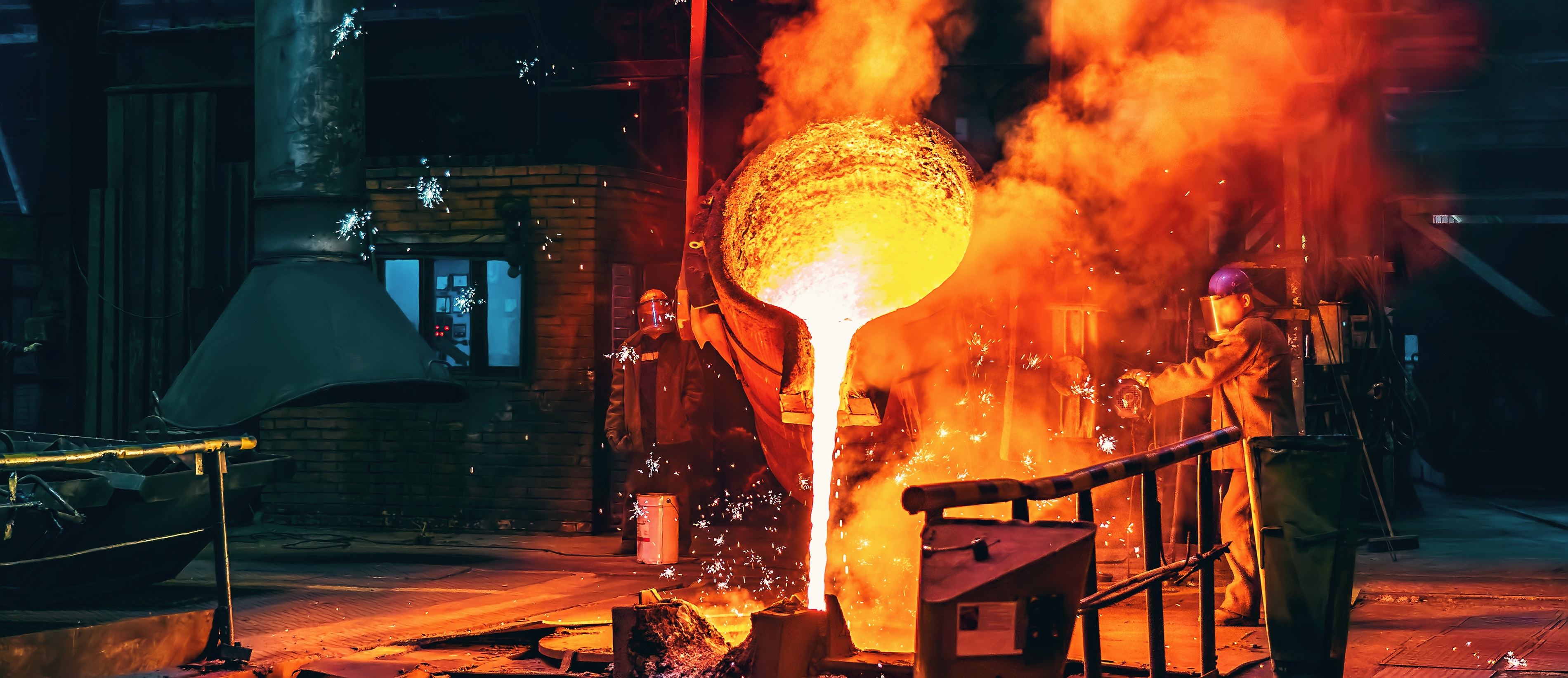

Evolving for Impact: Why We’re Revising the ResponsibleSteel International Production Standard
The ResponsibleSteel International Production Standard is the global benchmark for sustainable steelmaking, but a benchmark only matters if it keeps pace with change. Steelmakers face evolving challenges, including increasingly ambitious climate targets, shifting regulations, and rising expectations on social and environmental responsibility.
That’s why ResponsibleSteel is committed to continuous improvement, ensuring our Production Standard remains relevant and effective in driving progress towards the responsible production of near-zero steel.
What is the ResponsibleSteel International Production Standard?
The ResponsibleSteel International Production Standard consists of 13 Principles containing over 500 requirements for the responsible sourcing and production of steel, including some of the most challenging areas of sustainability for steelmakers, such as decarbonisation. However, responsible steelmaking goes beyond climate change mitigation. That’s why the Production Standard also lays out requirements on labour, human rights, water, biodiversity, and more.
How was the Production Standard developed?
The Production Standard was developed through a process that uses the ISEAL Code of Good Practice for standard-setting as a reference. The first Standard was developed over two years with input from over 70 organisations and 180 individuals. Since then, the Standard has continued to evolve with the needs of the industry. Read more about the evolution of ResponsibleSteel and the development of the Standard here.
Collaboration and transparency sit at the heart of our Standard. Our extensive multi-stakeholder development process involving the steel industry, upstream and downstream stakeholders, and civil society is what makes the ResponsibleSteel International Production Standard the most trusted standard for steel globally.
Why are we revising the Production Standard?
Since the launch of the first Standard in 2019, ResponsibleSteel has established itself as a leader on steel sustainability. As the global industry landscape continues to evolve, driven by shifting regulations, emerging ESG reporting requirements, technological innovation, and growing expectations to address social and climate issues, the Production Standard must also evolve.
As part of our commitment to continuous improvement, ResponsibleSteel reviews the Production Standard to assess whether revision is needed at least once every five years. This way, we ensure the Production Standard remains effective in supporting ResponsibleSteel’s mission to drive the responsible production of near-zero steel.
What is the standard revision process?
The revision process is outlined as part of ResponsibleSteel’s Standards Development Procedures. The process consists of five overarching stages:
- The ResponsibleSteel Secretariat reviews the Standard and holds a public consultation to determine topics for revision. Based on these inputs, the Secretariat makes a recommendation to the ResponsibleSteel Board of Directors, which decides whether or not to revise the Standard.
- Terms of Reference are developed, then approved by the Board of Directors, defining the scope of the revision and outlining the revision process.
- Topic-based Working Groups provide input on revision areas, and Technical Advisory Groups are convened to review and oversee Working Group outcomes.
- A draft of the revised Standard undergoes public consultation to get stakeholder feedback. If there is substantially new content, or extensive changes or feedback, there is a second round of public consultation. Once the revised Standard is finalised, it is reviewed and approved by the Board of Directors before being voted on by ResponsibleSteel’s membership.
- The revised Standard is published, and a transition period is determined (usually lasting 6 to 12 months) before the new Standard comes into effect for existing certificate holders, however, it could be used earlier for new sites or if preferred by existing certified sites.
Currently, the revision process is in stage three.
What is being revised in the Production Standard?
The revision process focuses on ensuring the Production Standard reflects the latest sustainability priorities and realities of steel production. So far, discussions have commenced on aspects of Principle 10: Climate Change and GHG Emissions, Principle 6: Labour Rights, ensuring a just transition, and increasing alignment with emerging regulations and other standards (e.g. CRSD, ISSB).
Additionally, the revision will include the incorporation of urgent revisions, interpretations and clarifications previously issued, and necessary amendments identified during the review process (e.g. typos).
Who can get involved?
Driving the socially and environmentally responsible production of near-zero steel is a challenge that no single organisation can achieve on its own. Over 180 voices contributed to the development of the first ResponsibleSteel Standard, and this spirit of multi-stakeholder collaboration continues to be the backbone of our standards development process.
ResponsibleSteel members have a unique opportunity to contribute to the revision of the Production Standard and are invited to join our Working Groups to discuss topics for revision. Please get in touch with us to learn more.
Members and wider stakeholders are also encouraged to contribute feedback during public consultations in 2026. Keep an eye on our website, LinkedIn, and our monthly newsletter to find out about upcoming public consultations.
Learn more about the revision process and get involved here.





